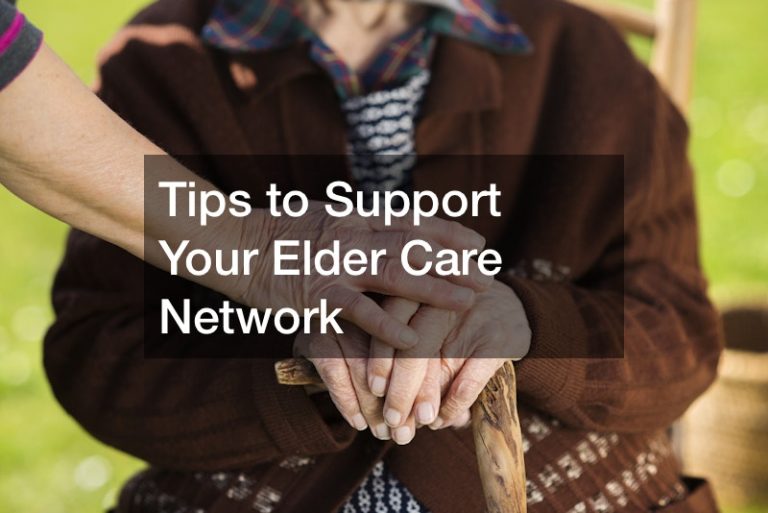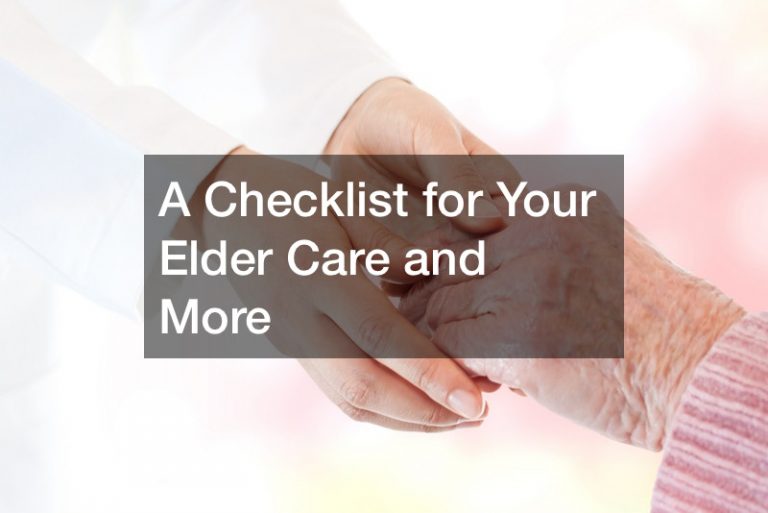
Some afflictions may harm a person at any age, such as broken bones or cuts, but others are more likely when a person reaches older age, anything from osteoporosis to Alzheimer’s diseases and other forms of dementia to hearing loss and compromised immune systems. When an older American is difficulty maintaining his or her health alone, a strong option is to assign guardianship for him or her, a family member, friend, or professional who can tend to the patient’s needs outside the hospital. Elder care planning does not have to be a hassle; life care planning and assigning an adult guardian can put everyone’s mind at ease knowing that a senior citizen has a constant lifeline they can count on.
The Current State of Adult Health
The unfortunate reality is that adult Americans are often ill and need help, but do not always have proper access to it. In fact, the CDC stated that around one third of American families have trouble paying their medical bills, and similarly, just over 23 million older adults living in the United States are economically insecure, and this can spell disaster if a major medical issue arises. Among the elderly, there are stark figures to deal with. Some 80% of senior citizens are suffering from one or more chronic diseases, and around 68% are dealing with two or more. There will be plenty of senior citizens in need of health guardianship in the comings years, given how between the years 2015 and 2050, the global population of people aged 60 and over may nearly double from 12% top 22%. How can these senior citizens get the help they need?
Guardianship and Elder Care Solutions
The good news here is that elderly patients can often get guardianship from health care experts and family members alike to look after them, without the need for constant visits to medical facilities or extended hospital stays. This is especially true for older citizens who suffer Alzheimer’s or similar mental afflictions, who will have trouble with daily routines and chores.
Guardianship of an Alzheimer’s patient (or someone suffering similar dementia) involves multiple aspects that accommodate memory loss and degradation of motor skills. Physical hazards such as knives and open flames should be eliminated, and even rugs and electrical cords or pets may constitute tripping hazards, so they should be removed. To cope with memory loss, the person assigned guardianship of the patient can arrange items so that they are always in the same place, and always within sight and easy reach for the senior citizen. Strict routine and familiarity can lessen dementia’s impact, and make everyday life smoother.
Activity can also slow down Alzheimer’s advance as well as make life more fun and cheery for the patient. Simple puzzles and mental activities exercise the brain and slow down dementia’s effects, and having a solid social life can also help the patient feel connected and happy, especially since isolation may aggravate dementia. Light outdoor activity such as walks can get the blood moving and boost mental power, and the same can be said about using a stationary bicycle inside. If the patient goes outside, the guardian is urged to give the patient a corded name tag and emergency contact information if the senior citizen gets lost or gets hurt.
Sometimes, care at a elder care facility may be the best option if the patient lives far away from friends or family. Guardianship will then transfer to a care facility’s staff, who are all trained professionals who can look after each patient’s needs around the clock. The vibrant social life there can also cheer up the patients, and friends and family may visit sometimes.


